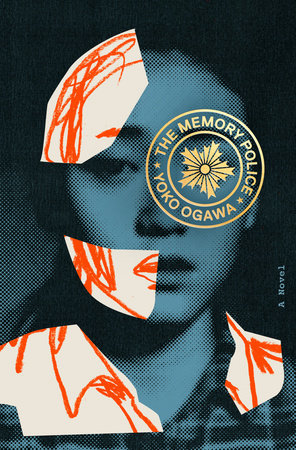
Dystopian novels have become a crucial component of literary exploration in education today. Characterized by dreadful futures and societal decay, dystopian novels may fall under the fiction category of literature, however, the consequences of unchecked power and societal carelessness may turn these tales into a reality.
Yoko Ogawa’s The Memory Police demonstrates through a fictional tale how detrimental a corrupt government can be. Ogawa creates a narrative where memory becomes contraband, exploring themes of control and loss in a world where the people of society have their memory collectively wiped. Her novel addresses the tragedy that surrendering control over personal and collective histories can bring.
Ray Bradbury’s classic novel, Fahrenheit 451, takes a look at the suppression of intellectual freedom. Set in a future where books are outlawed and firemen start the fires rather than putting them out; Bradbury’s novel encourages reflection on the importance of free thought and the dangers of censorship. It serves as a reminder to preserve diverse perspectives in the face of authoritarianism.
1984 by George Orwell is another classic piece of dystopian literature. Orwell’s novel dives into a nightmarish vision of a totalitarian regime, introducing the concept of extreme surveillance and the manipulation of truth. Reading Orwell’s novel can teach the importance of having an active role in society and speaking up against corruption.
So, why should high school students be exposed to these unsettling narratives? Dystopian novels provide a unique way to examine the complexities of society and ethics. Such literature encourages discussions on issues like individual autonomy and corrupt government. Today, there are rapid technological advancements and evolving societal norms causing the themes often displayed in dystopian literature to become extremely relevant.
Dystopian novels prompt students to question the status quo and challenge authority. The inclusion of these stories in high school literature classes would teach advanced critical thinking and provide a deeper understanding of not only the imagined future but also the current world.
By exploring the cautionary stories presented in books like The Memory Police, Fahrenheit 451, and 1984, students may become more aware of the reality they are living in today and potentially become architects of positive change in this ever-evolving world.






